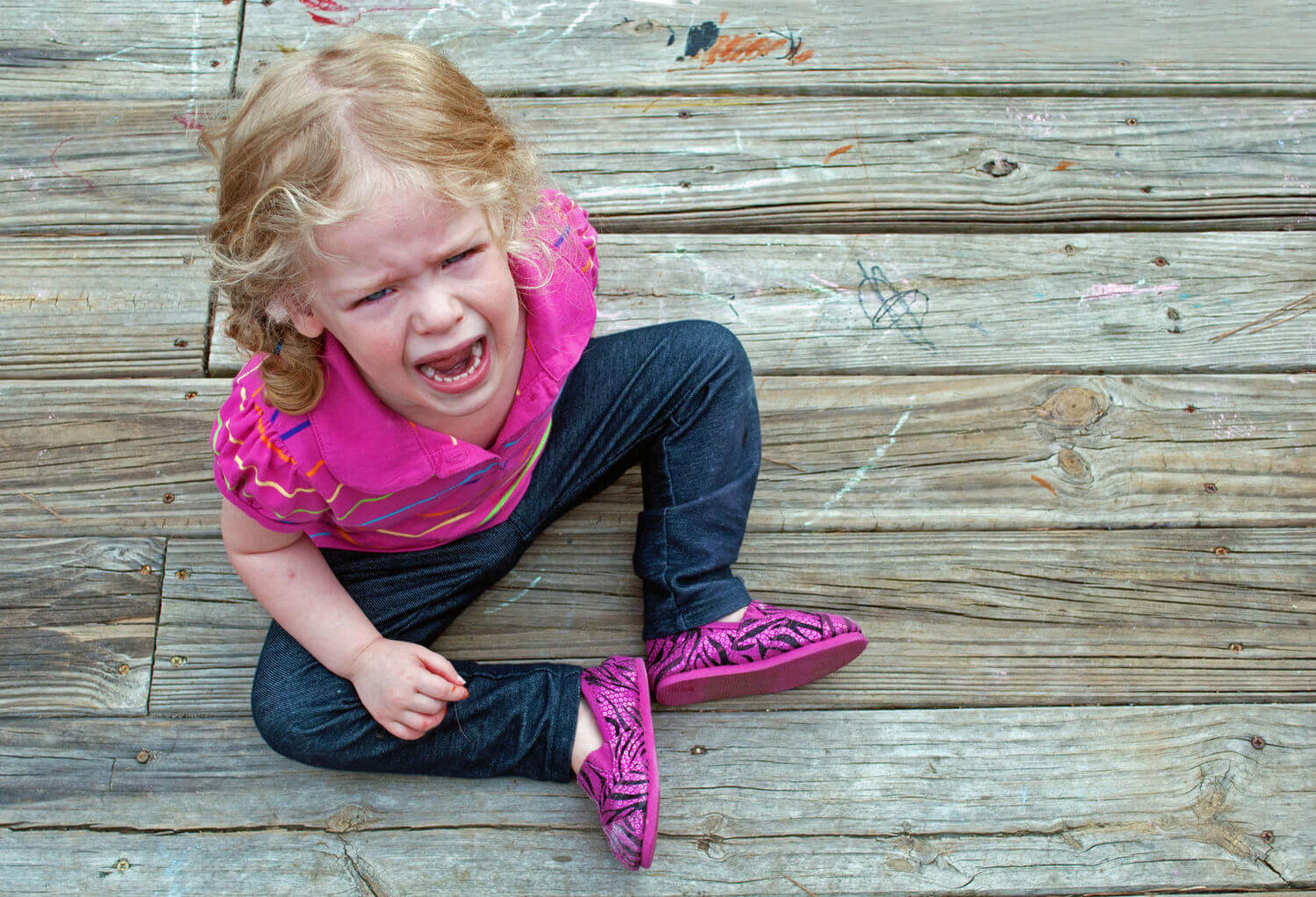The Bright Side of Tantrums


Written and verified by the psychologist María Alejandra Castro Arbeláez
You may think that no good comes of childish tantrums, that they only create a chaotic environment and get on your nerves. Believe it or not, tantrums and fits are an important part of your child’s emotional health and well-being.
Tantrums should be part of your day to day life. Your child is developing their personality and, between tears, is telling you what they need, because they do not know how to express it otherwise.
Tantrums happen because children are not able to express how they feel emotionally with words. When they have intense, hard-to-control emotions inside, they burst into a tantrum. Tantrums do not exist to make you angry, and much less to cause arguments.
Tantrums exist so that you can notice what your child is experiencing and teach them not only to understand and learn from their emotions, but also to put what they are experiencing into words.
Young children’s fits or tantrums are one of the most challenging aspects of parenting. Parents think that when their children are calm and smiling it is a sign that everything is going well… And they feel helpless when their little ones are on the ground kicking and screaming for something that seems like it shouldn’t be important.

But children’s tantrums are an essential part of their emotional development as well as their physical well-being. Tantrums are your friend and are more positive than you think.
Maybe if you think about this the next time your child has a tantrum, you will begin to see these moments not as something bad, but as an opportunity for learning and improvement for both of you.
The Bright Side of Tantrums
They help Your child learn.
Children express their frustration at any (even the slightest) situation with tantrums. This helps them clear their minds so that they can learn something new. Learning is as natural for children as breathing.
When a child is not able to concentrate or listen, there is usually an emotional problem that is blocking their progress. In order to learn, a child needs to feel happy and relaxed, and that is why expressing these emotions is fundamental.
They relieve stress.
Tears contain cortisol, the stress hormone. When we cry, we are literally releasing stress from our bodies. Tears also help to lower blood pressure and improve emotional well-being, as long as there is a loved one nearby offering unconditional support. When a child is on the verge of a tantrum, they start to feel annoyed, angry, and frustrated, and they start to cry.
When the storm passes, the child also feels much better. Parents need to help their children manage their tantrums and find out what their dominant feelings are as well as what has provoked them. Then, they can work together to find a solution so that the next time a similar situation occurs, the child will have learned some skills to cope with this frustration. Crying helps them to get better at this.

It’s a good thing that you said ‘no.’
Sometimes tantrums happen because your child is dealing with being told ‘no‘ and this is a good thing for their development. Telling children ‘no’ is a way of marking clear limits on which behaviors are acceptable and which are unacceptable.
When it comes to tantrums, the best defense is a good offense.
-Unknown Author-
Sometimes you can avoid negatives in order not to deal with emotional consequences, but it is necessary to set limits at the same time that you offer love and empathy. Being able to say ‘no’ when the situation calls for it is positive for everyone.
Your child feels safe to tell you how they feel.
In their own way they are telling you that they are feeling bad and need your help to feel better. This is the purpose of a tantrum. A tantrum is a compliment, because it means that your child trusts you. A tantrum does not mean they want to manipulate you to get what they want…
Your child is just telling you how they feel about a particular situation. The bond you share is what helps you to deal with the situation in the most effective way.
All cited sources were thoroughly reviewed by our team to ensure their quality, reliability, currency, and validity. The bibliography of this article was considered reliable and of academic or scientific accuracy.
- Federación de Enseñanza de CC.OO. de Andalucía. (2011). “Las rabietas en la etapa infantil”. En: Temas para la educación. Revista digital para profesionales de la enseñanza. https://www.feandalucia.ccoo.es/docu/p5sd8748.pdf
- Pearce, J. (1995). Berrinches, enfados y pataletas. Soluciones comprobadas para ayudar a tu hijo a enfrentarse a emociones fuertes. Barcelona: Paidos.
- Sáez Ruiz, D. (2000). La psicología al alcance de los padres. Consejos para papá y mamá. Valencia: Ed. Promolibro.
- Vallejo, M. P. (2010). Las Rabietas. https://archivos.csif.es/archivos/andalucia/ensenanza/revistas/csicsif/revista/pdf/Numero_31/MARIA_PEREZ_2.pdf
This text is provided for informational purposes only and does not replace consultation with a professional. If in doubt, consult your specialist.
